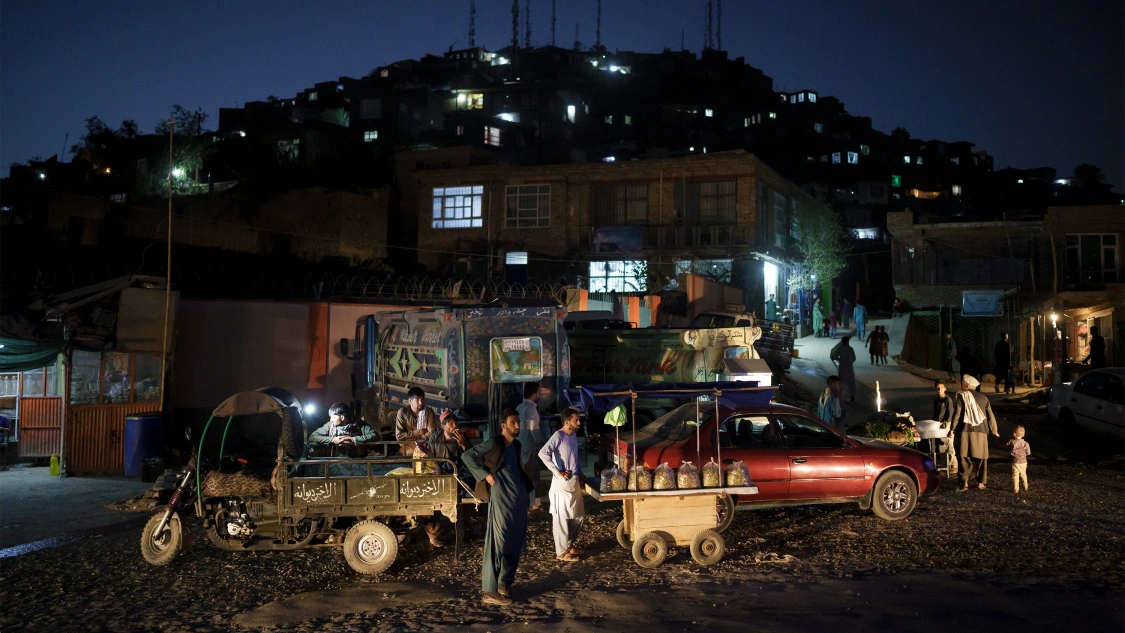When Afghanistan fell to the Taliban in August, Mohammad Yasin had to make some difficult decisions very quickly. As the country reeled from the shock of the insurgent takeover, the 21-year-old—whose name has been changed to protect his safety—snuck into his small place of business and got to work.
He began erasing some of the sensitive data on his computer and moving the rest onto two of his largest hard drives, which he then wrapped in a layer of plastic and buried underground at an undisclosed location.
Yasin didn’t take these precautions because he is part of Afghan intelligence, or linked to the government. He has no state secrets hidden on his computers. He is what is locally referred to as a “computer kar”: someone who sells digital content by hand in a country where a steady internet connection can be hard to come by. “I sell pretty much everything, from movies, music, mobile applications, to iOS updates. I also help create Apple IDs and social media accounts, and with backing up phones and recovering data,” he says, then adds, in a hushed voice, “I can also unlock [stolen] phones and provide other naughty videos.”
By capturing 40 pieces of data per person—from iris scans and family links to their favorite fruit—a system meant to cut fraud in the Afghan security forces may actually aid the Taliban.
When the Taliban captured the city of Herat on August 12, Yasin and his colleagues speculated that it wouldn’t be long before the Taliban’s invading forces took over their own city of Mazar-i-Sharif.
“Things were more tense in Mazar, too, so me and other computer kars of Mazar who work together held a secret meeting to decide what to do to protect all our content,” he says. Among them, the informal union of computer kars had several hundred terabytes of data collected over several years, and much of it would be considered controversial—even criminal—by the Taliban.
“We all agreed to not delete, but rather hide the more nefarious content,” he says. “We reasoned that in Afghanistan, these regimes come and go frequently, but our business should not be disrupted.”
He isn’t too worried about being discovered.
“People are hiding guns, money, jewelry, and whatnot, so I am not scared of hiding my hard drives. They will never be able to find [them],” he says. “I am a 21st-century boy, and most Taliban are living in the past.”
Read full story on MIT Tech Review
